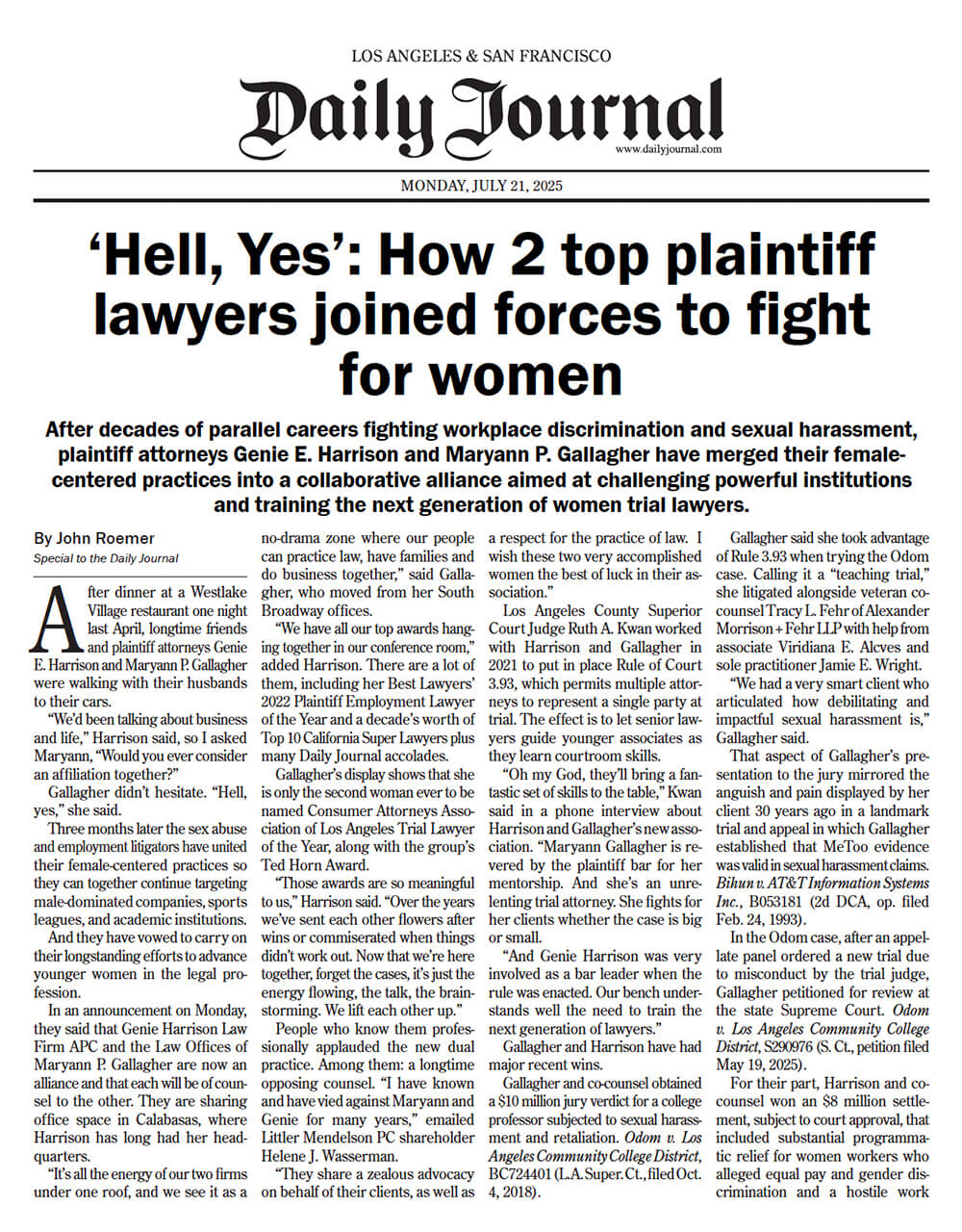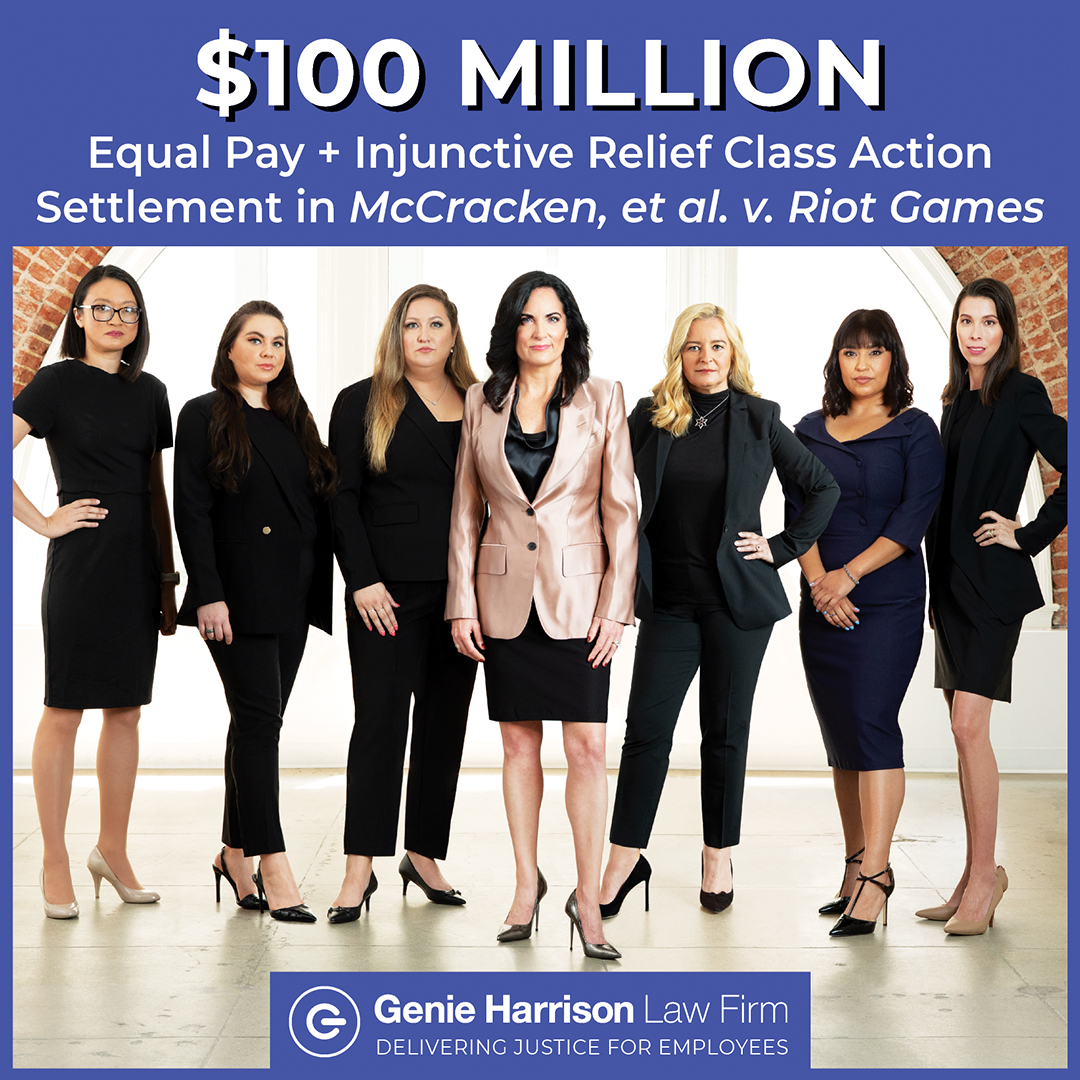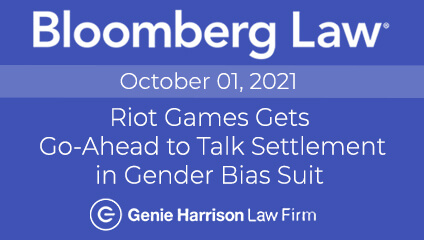LGBTQ Rights: There’s a Lot More Work to Do
June 26, 2020 — Guest Commentary by Genie Harrison for Ms. Magazine
(Read the story below, or at MsMagazine.com)
Until the Court’s ruling in Bostock v. Clayton County, Georgia, workers could legally be fired in 26 U.S. states for being gay, bisexual or transgender. The U.S. Supreme Court has finally acknowledged the obvious—that all of these categories fall within the scope of Title VII, which prohibits employment discrimination “on the basis of sex.” And surprise of surprises, the decision was penned by Justice Neil Gorsuch, a Trump appointee.
So what does this mean for workers? It’s definitely a monumental change for cases under Title VII involving discrimination based on LGBTQ status, but it doesn’t protect everybody. Many workers could still be discriminated against “on the basis of sex”—because Title VII only covers companies with 15 or more employees, leaving out as many as one in six workers.
A lot of large employers are already doing the right thing, according to the Washington Post. They cite the Human Rights Campaign’s 2020 Corporate Equality Index, showing that more than 90 percent of Fortune 500 companies have policies prohibiting discrimination based on sexual orientation and gender identity.
However, the Supreme Court wasn’t willing to wade into the quagmire of religion, leaving open the possibility that employers could still justify discrimination based on their highly subjective religious beliefs. Justice Gorsuch wrote that “how these doctrines protecting religious liberty interact with Title VII (the section of the civil rights law at issue) are questions for future cases.”
In some of its most famous cases, the Court ruled that Hobby Lobby had the right not to cover birth control in its health insurance and that a Denver bakery could refuse to provide a cake for a gay couple’s wedding. Currently, two other cases focused on the ministerial exception to Title VII are under submission.
In those cases, the religious employers assert that they should be allowed to discriminate against employees, including by firing a female teacher because she was diagnosed with breast cancer and needed time off for treatment. If religious institutions can use the ministerial exception to fire women for having breast cancer, things don’t look good for LGBTQ employees’ rights in religious institutions.
The good news is that if your company has more than 15 employees, isn’t associated with a conservative religious group, and doesn’t already have a nondiscrimination policy for its LGBTQ workers, it’s going to need one right away. Any adverse employment action based on your sexuality or gender identity will now be unlawful in every state in the country- and it’s about time.
But this is just a start. Next we need to look outside of the workplace, at all the other areas of our lives—including education, health care and housing. Until we can ensure true equality everywhere, discriminatory treatment against the LGBTQ community will undoubtedly continue unabated in key areas of our lives.





